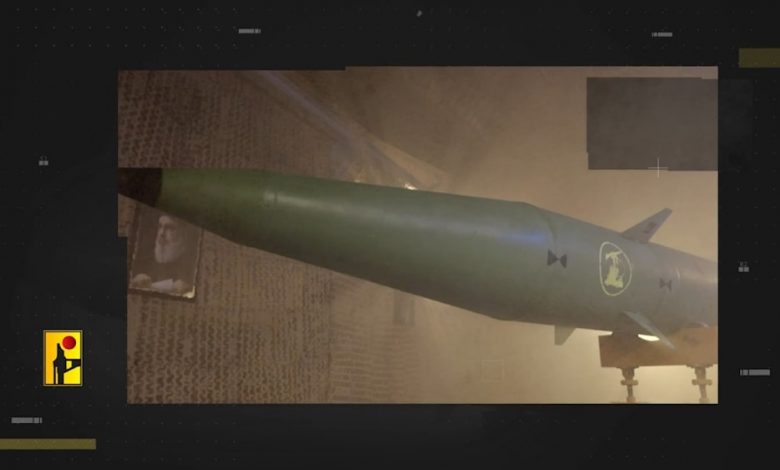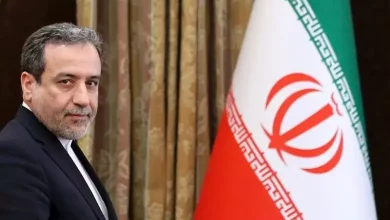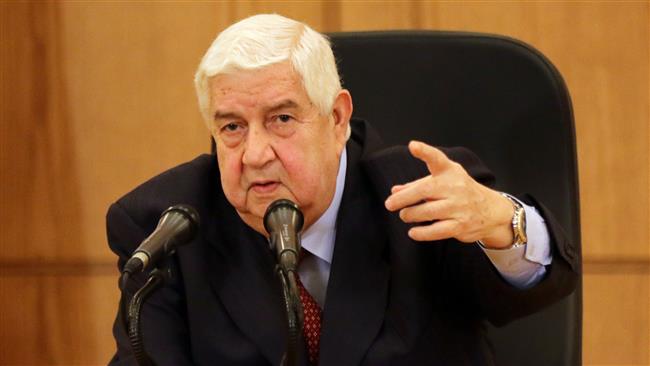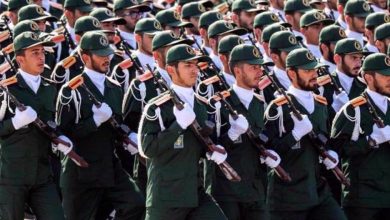Qader-1: A glimpse into Hezbollah’s ballistic missiles arsenal

Footage released by Hezbollah’s Military Media revealed the specifications of the Qader-1 short-range ballistic missile, used in a historic strike on the Israeli Mossad’s headquarters in Tel Aviv.
On Wednesday morning, the Islamic Resistance launched its first-ever ballistic missile strike on the Israeli intelligence agency’s headquarters in the heart of the Israeli regime’s metropolitan area.
Although the Israeli military command said that the missile was intercepted before impacting its target, Wednesday’s attack showed some of Hezbollah’s advanced capabilities and marked an important precedent in the ongoing Battle of Al-Aqsa Flood.
Qader-1
Qader-1 is a tactical short-range surface-to-surface ballistic missile equipped with a maneuverable reentry vehicle (MaRV), which holds a 500 kg warhead.
Specifications:
- Caliber: 620 mm
- Length: 7665 mm
- Total weight: 2870 kg
- Warhead weight: 500 kg
- Range: 190 km
With these specifications, Hezbollah has showcased a unique tactical weapon that has not been put to use or displayed by any other Resistance faction in the region.
The warhead is also capable of aerial maneuvers and can precisely strike its targets.
It is worth noting that such weapons are equipped with guidance systems and other electronics, differentiating them from Hezbollah’s unguided rocket artillery weapons, such as the Katyusha and Fadi series of rockets.
The Qader system also faces off with a high-echelon of Israeli air defenses, forcing the occupation to deploy its highly prized Arrow and David’s Sling systems in case of an attack, similar to Wednesday’s events. Moreover, the Iron Dome’s Tamir interceptors would be futile in a possible face-off.
Qader-1’s range of 190 km means that the missile is capable of precisely striking any of the Israeli regime’s strategic sites and bases within the Gush Dan area (Tel Aviv Metropolitan Area) and beyond.
Firing the Qader-1 missile on Wednesday shows that the Resistance maintains its strategic arsenal, despite thousands of Israeli strikes on Lebanon which were allegedly meant to target Hezbollah launchers and sites, but have instead killed hundreds of civilians, prompting a stronger response from the Lebanese Resistance.




